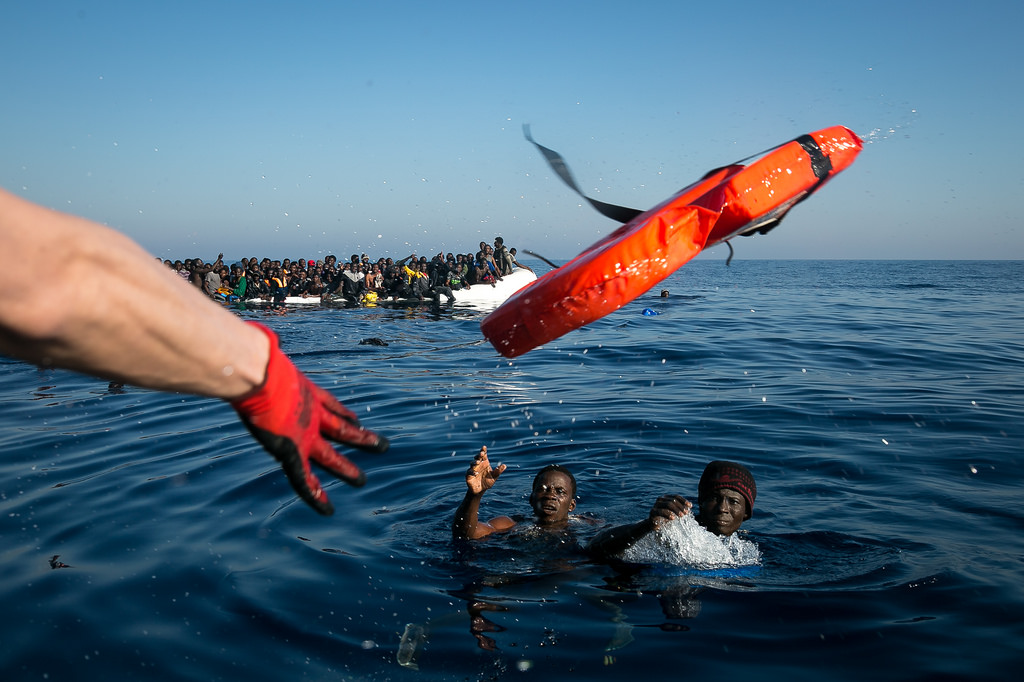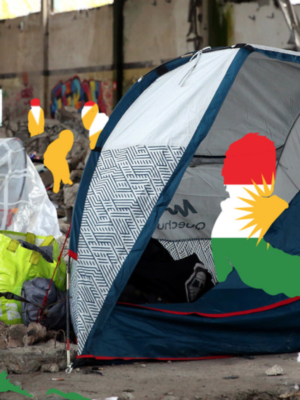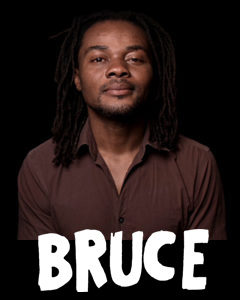Mediterranean Sea deaths pass 1500 mark
UNHCR: More than 1,500 refugees and migrants have lost their lives attempting to cross the Mediterranean in the first seven months of 2018.

More than 1,500 refugees and migrants have lost their lives attempting to cross the Mediterranean in the first seven months of this year. More than 850 lives were lost in June and July alone, marking the Mediterranean crossing as the deadliest sea route in the world. This is shown by data from UNHCR, the UN Refugee Agency.
UNHCR is particularly concerned as the rate of deaths is increasing, despite the total number of people arriving on European shores being significantly reduced compared to previous years. Around 60,000 people have crossed the Mediterranean so far this year, around half as many as during the same period last year, and a return to pre-2014 levels. However, 1 in every 31 people attempting the crossing in June and July died or are missing, compared to 1 in 49 during the course of 2017.
Measures against smugglers
“UNHCR urges states and authorities along transit routes to take all necessary action to dismantle and disrupt smuggler networks,” said Vincent Cochetel, UNHCR Special Envoy for the Mediterranean. “In order to save lives at sea, we must use appropriate and necessary measures to hold to account those who seek to gain profit from the exploitation of vulnerable human beings.”
Exploitative traffickers and smugglers are reportedly organising increasingly dangerous crossings, in ever-more unseaworthy and flimsy vessels. These boats, which smugglers severely overload with passengers, are then left to sail out at sea in the hope that a rescue will come in time.
Without further action, more people are expected to perish at sea in the months ahead, says UNCHR, as traffickers look to exploit the opportunities offered by improved weather conditions.
Regional Approach
Unlike in previous years when Italy received the majority of new arrivals, Spain has become the primary destination, with more than 23,500 people arriving by sea, compared to around 18,500 in Italy and 16,000 in Greece.
In July, UNHCR urged for search and rescue capacities on the Mediterranean Sea to be strengthened, after various legal and logistical restrictions were placed on NGO boats looking to rescue people in distress at sea. Earlier this year, a number of boats carrying rescued passengers were left stranded at sea for days on end after being refused initial opportunities to disembark. Enhanced search and rescue capacities, and a clear and predictable mechanism for disembarkation, are cornerstones of the joint Concept Note put forward by UNHCR together with IOM, calling for a regional, collaborative approach to saving lives on the Mediterranean Sea. “With so many lives at stake, it’s vital that we give shipmasters confidence that they will be able to dock rescued passengers, and thereby ensure that the long-standing principle of rescuing people in distress at sea is protected.”
Debate: The end of the Mediterranean route
On 23 September Humanity House organizes a debate about ‘The Mediterranean Route’. During this programme we will talk with experts, politicians, activists and journalists about the most humane way to end this deadly route.
















